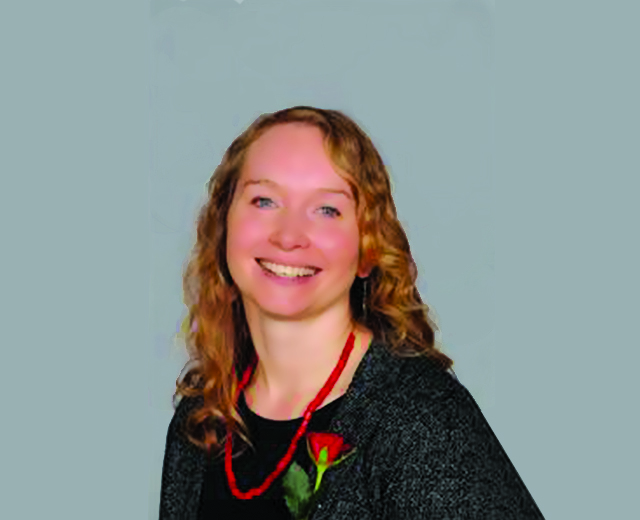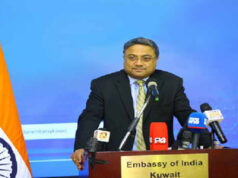Q1. With all the years of experience that you have, do you think activism is an effective way of addressing climate change?
There are many organisations around the world with a financial interest in not cutting carbon emissions and governments have not been bold enough to take the drastic changes that are needed. Therefore, we do need activism to keep climate change on the political agenda and to remind politicians that the voters want to see action. However, I do think that activists should be working to get the public onside by choosing their campaigns carefully, so that the message is clear and that they don’t harm people in everyday life, for example, by not targeting public transport.
Q2. How do you think the waste and recycling management will cope with the COVID-19 waste disposal to avoid further environmental damage in the future?
Unfortunately, a lot of extra waste has been created from the high use of PPE in response to COVID-19. For healthcare workers and those working on the frontline, this is life-saving equipment which is worth it. However, for many of us, washable facemasks and extra handwash are enough to keep us safe.
There has been the added problem of masks and gloves not being disposed of properly but being dropped as litter and finding their way into water-courses and the sea. The creation of extra waste can’t be helped in a pandemic however the damage to our environment and wildlife is completely unnecessary, and of course, if PPE is not disposed of properly, it also poses a health hazard to humans.
Q3. How do you plan on creating a circular economy in Cambridge, making Cambridge a more people-friendly city particularly for residents which is one of your stated interests in your profile?
The council has recently completed a project called ‘Making Space for people’. This looked at the whole of the city centre and how best to prioritise pedestrians and cyclists, making the centre more people-friendly. I personally would pedestrianize it all however, we really need better public transport which is the responsibility of the Mayor of Cambridgeshire and Peterborough.
Q4. How does the council identify those who are most at risk from the impacts of climate change, and what is being done to assist the most vulnerable?
At the moment that is not something that we are doing in Cambridge as our efforts are aimed at reducing emissions and trying to keep impacts down. However, as time goes on, it is something we will need to consider.
Q5. How will climate impacts be incorporated within the council’s general approach to equalities in the future?
The equality and environmental impacts for every new project or scheme are already considered by the council.
Q6. How can the council work with its partners in promoting public awareness regarding climate change?
We have been working hard as a council to reduce our own emissions, but we want to do more to work with our partners across the city and nationally to reduce the emissions of Cambridge as a whole.
We have just launched our Cambridge Climate Charter which you can sign up to http://cambridgecarbonfootprint.org/charter/
We are in the process of updating our Climate Change Strategy and will be holding several workshops for residents over the next few months. We regularly run a Cambridge Climate Leaders group, a climate change forum and will take part in Cambridge University’s Climate Change festival this month.
The council has a magazine which we deliver to every home in the city so we use this to promote awareness of what we are doing and how residents can reduce their own emissions.
Q7. The Diplomacy and Beyond Plus journal has an outreach to the younger generation. What message would you like to give them as a wakeup call to save the environment, especially after the ongoing pandemic?
The global response to COVID-19 has shown us that we can take prompt action and change the way that we live. We have been forced to do it to save lives and when governments have delayed such as in the UK and the USA, then thousands of lives have been lost that could have been prevented.
We need to learn from these mistakes in our response to climate change. The sooner we act, the easier it will be and greater the impact it will have. To reduce carbon emissions, we are going to have to make some lifestyle changes, such as not flying or driving as much. However, these changes don’t need to be seen as a negative as we should be able t do it in such a way that actually improves our quality of life. Creating cleaner greener places to live with a less frantic consumerist society will leave us and the planet happier and healthier.









